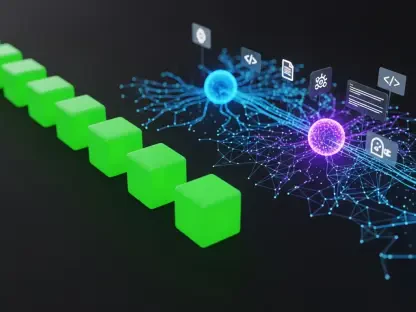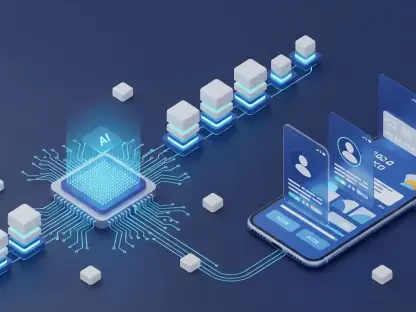Transforming the software development landscape, AI coding assistants are making waves throughout the tech world. Over 63% of professional developers are leveraging these AI tools to enhance productivity. The increasing use of AI-powered coding tools prompts a deeper examination of their role, benefits, limitations, and the varied perspectives surrounding AI’s influence on development practices. This article delves into expert insights, reviews, and opinions to provide a comprehensive overview of the ongoing revolution.
Insights into AI’s Growing Role in Modern Software Engineering
The journey of AI coding tools from experimental technologies to integral development resources has been rapid and impactful. AI’s integration into development practices is reshaping frameworks, enabling developers to generate boilerplate code swiftly, manage documentation efficiently, and streamline debugging processes. Industry experts concur that AI is supporting developers by automating routine tasks, freeing up time for more creative and complex programming endeavors. Developers can thus devote their cognitive resources to novel solutions rather than repetitive tasks.
AI’s Significant Influence on Routine Coding Practices
AI excels in generating boilerplate code, which significantly boosts productivity in tasks like microservice scaffolding, REST API generation, and application prototyping. Surveys reveal substantial improvements in development speeds when AI tools are utilized for straightforward functions and documentation. However, several experts express concerns about potential technical debt and code quality issues when AI-generated code is heavily relied upon. These elements highlight the expertise required to balance AI’s assistance with human oversight to maintain high coding standards.
Transforming Development Timelines and Project Management Dynamics
AI tools have proven instrumental in accelerating development timelines and reducing costs for software projects. They’ve been successfully integrated into various projects, showcasing their capability to deliver timely solutions without excessive expenditure. Many leaders in the industry recognize AI’s potential to streamline coding processes, emphasizing the importance of balancing speed with accuracy in AI-generated code. This balance is crucial, given the challenges in maintaining code quality while leveraging AI capabilities for rapid development.
Navigating Challenges and Constraints in AI Application
Despite the advantages, AI coding tools face significant hurdles, especially when dealing with mature codebases or embarking on novel projects. Experts highlight the challenges linked to context-loss issues and integration conflicts, which arise when applied to complex systems. Developers are advised to remain vigilant, as AI processing’s black-box nature may inadvertently introduce logical errors and security vulnerabilities. Ongoing advancements are expected to mitigate these complexities, promising improved AI solutions that can adeptly manage intricate coding tasks.
The Developer-Driven Momentum Toward AI Adoption
Surprisingly, the push for AI integration in development is often spearheaded by developers themselves, rather than executives. Reports indicate that many developers independently adopt AI tools without top-down approval, driven by enthusiasm and perceived necessity. This grassroots movement reflects varied perspectives within organizations, with technical staff embracing AI’s potential and executives cautious about strategic impacts. Experts speculate that this developer-driven momentum could hugely influence future software management landscapes.
Drawing Conclusions and Strategic Insights from AI Integration
In light of AI’s capabilities and limitations, strategies for optimizing the synergy between AI coding tools and human expertise are paramount. Experts suggest vigilant monitoring of AI-assisted processes to ensure quality and performance. Effective AI tool integration requires balancing automation benefits while maintaining human oversight for accurate and creative outputs.
Envisioning the Future Path of AI in Software Development
AI coding assistants continue to evolve, transforming software development paradigms along the way. The landscape, influenced by AI innovation, holds the promise of new technological breakthroughs from 2025 onward. Software engineering leaders have been encouraged to proactively understand AI intricacies and align technological strategies with organizational goals. By preparing for AI’s ongoing evolution, companies can capitalize on its advantages while addressing existing technological challenges effectively.









